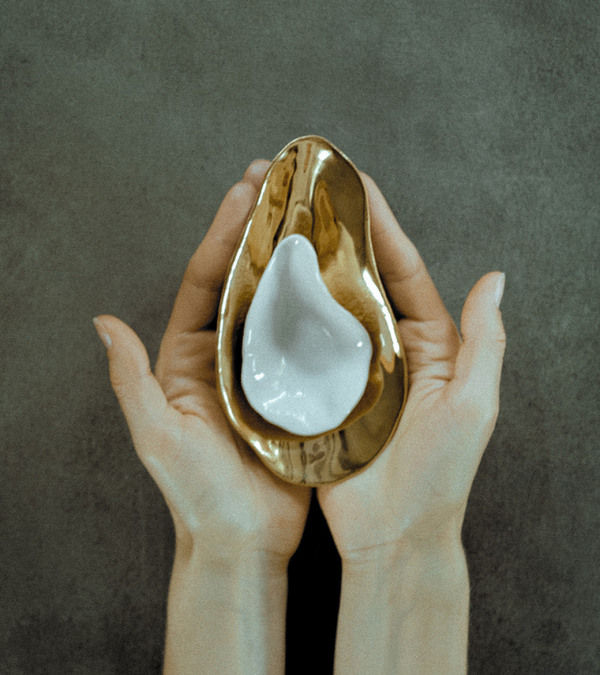Whenever you think of chocolate as a sweet treat or as a rich, dark pleasure - what the Mayans used to call food of the gods, today has become a highly processed product. When cacao became a commodity, and industrialization improved, the goal was to create a uniform taste that is available for everyone.
As the demand for chocolate grew, it resulted in deforestation and growing masses of cacao in monocultures. With monocultures came pesticides and overall bad quality of cacao beans. To cover up the bad quality, the cacao beans are roasted very dark. That's why industrial chocolate with a high percentage of cacao tends to taste very bitter. Further, the chocolate is being added stabilizers like soy lecithin and aromas like vanilla.
What if I told you that cacao naturally contains over 400 different aromas? That is more than found in wine or coffee. Most people never get to taste this variety because 60% of the worldwide cacao is being sourced in Ghana and the Ivory Coast and dominated by a handful of big corporations. It's not a secret that the cheap prices for a chocolate bar are being paid with slave labour, often by children.
But a movement of small makers is disrupting the industry. They bring you the best flavours while supporting agroforestry, preserving a diverse range of cacao varieties and setting new standards for fair labour.








